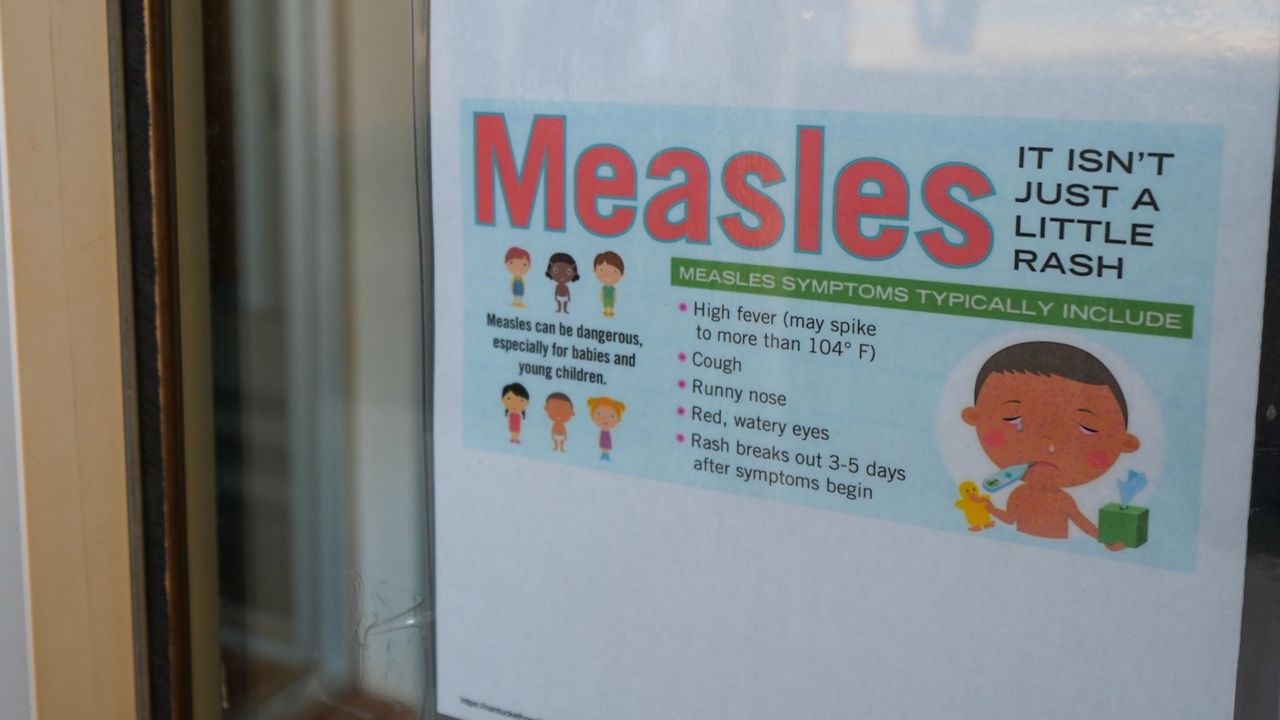MECKLENBURG COUNTY, N.C. — The North Carolina Department of Health and Human Services launched a new child behavioral health dashboard.
The dashboard will track depression, ADHD and substance abuse disorders in people under 18, with the goal of filling gaps and disparities in health care and improving child behavioral health across the state.
"North Carolina has been ranked 42nd among states with the highest prevalence and lowest access to mental health services for youth, and suicide is now the second leading cause of death for North Carolina youth ages 10-18," NCDHHS said in a press release.
Manager of Atrium Health's school based therapy services, Ashley Wright, says there's an increased need for care after kids were sent home from school during the pandemic.
"Students are still dealing with a lot of anxiety. Generalized anxiety, major depressive disorder. We are also seeing a lot of trauma," Wright said. "I think the past year and a half I have seen a trend of grief where a lot of kids are losing their family members that are very close to them and they are having a hard time dealing with that."
In 2021, Wright became the first virtual school therapist for Atrium Health, serving nine schools within Lincoln County. Three years later, Wright is the manager of the program with therapists serving 137 schools virtually and in-person.
"With access we know more, and with increased information we can do more," Wright said."With access we know more, and with increased information we can do more," Wright said.
The virtual sessions increase access to care by reaching into more rural communities. Sessions with a therapist over a secure iPad mean parents don't have to leave work to take their child to an appointment.
Parents Laura and Deron Vaughn say the focus on behavioral health in schools and virtual therapy sessions have been helpful for their 15-year-old son who has anxiety and ADHD.
"We have noticed a major improvement with Ryan," Laura Vaughn said. "He would have fits of rage. He's been able to - working with [his therapist] - to calm himself and take a step back when he's starting to feel overwhelmed."
Ryan says taking deep breaths and physically squeezing a ball to focus less on what's going on in the background are some coping strategies they have discussed.
NCDHHS says its dashboard will be updated quarterly based on data from Medicaid claims, and yearly for the Youth Risk Behavior Survey.









